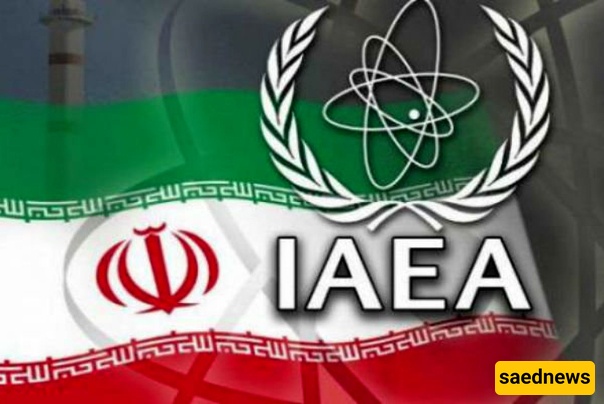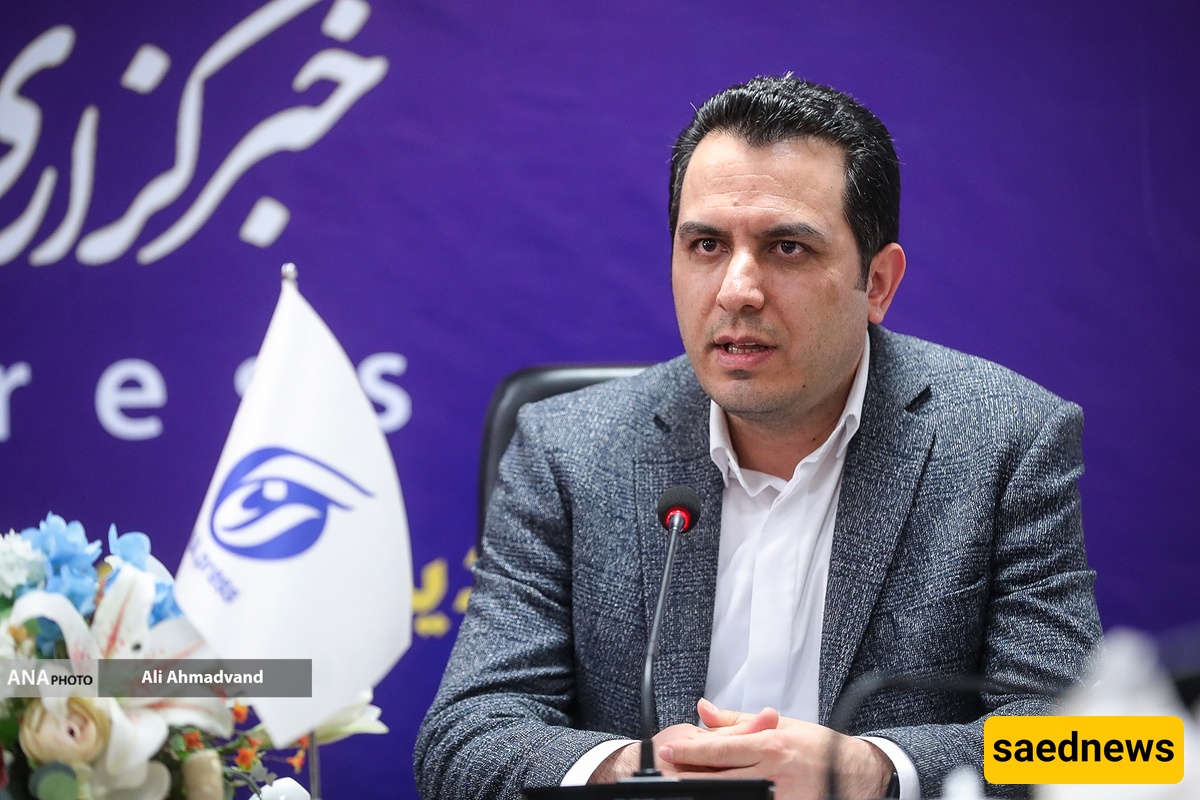SAEDNEWS: Iran and the International Atomic Energy Agency (IAEA) are preparing for talks in Tehran aimed at defining a new cooperation framework following recent U.S. and Israeli military strikes on Iranian nuclear facilities.

According to Saed News, Abbas Aslani, an international relations expert, in an interview with Etemad Online, discussed the upcoming visit of the IAEA Deputy Director General for Safeguards to Iran. He explained the objectives of this visit at a time when Tehran has not yet granted inspectors entry, and outlined possible scenarios regarding its outcomes.

Aslani stated: “The Deputy Director General’s visit to Iran is scheduled to take place soon, and its purpose is not to conduct inspections or assessments of nuclear facilities, but rather to hold discussions aimed at reaching an agreement on the mechanism for future cooperation between Iran and the Agency under the new circumstances. This is because significant developments have recently occurred, including U.S. and Israeli military attacks on nuclear facilities, which have prompted Iran to reconsider its cooperation with the Agency.”
He added: “One reason for this reassessment is the Agency’s past role, which from Tehran’s perspective has been problematic. The Director General’s report paved the way for a resolution in the Board of Governors, which in turn preceded Israeli and American military strikes on Iranian nuclear facilities. Although after these attacks the Director General stated that there was no evidence of non-peaceful nuclear activities by Iran, such remarks came rather late, and his earlier reports have been criticized for their accuracy and professionalism.”
Aslani further noted: “Another of Iran’s concerns is that information obtained by IAEA inspectors leaks to Western governments and actors outside the Agency, leading to its misuse for military and security purposes — the recent military strikes being a prime example of this problem.”
He continued: “Therefore, the nature of Iran’s cooperation with the Agency under the new circumstances must be redefined — especially given that the Iranian Parliament has passed a law suspending certain cooperation with the Agency, requiring that any collaboration be approved by the Supreme National Security Council.”
Aslani explained: “During the upcoming visit, both sides will try to outline a mechanism so that future cooperation occurs within a framework that respects parliamentary legislation while also taking into account the concerns and considerations of both parties. Put simply, the aim of this trip is not to conduct inspections or evaluations, but to reach a modality for future cooperation.”
He emphasized: “Following the military strikes on nuclear facilities, several issues have arisen, including how inspections of targeted sites should be conducted, and the protocols and methods for carrying them out. Naturally, there will be discussions about the scope, quality, and extent of such inspections, and both parties will need to agree on this framework. Until such a framework is agreed upon, no tangible cooperation will take place. It is expected that these discussions will continue until a final framework is reached.”
Aslani concluded: “Iran has concerns that information provided to the Agency will again be misused, especially after the recent military strikes, during which Western parties — particularly the United States — have been insistent on allowing IAEA inspectors to conduct inspections. Their aim is to obtain a more precise assessment of the impact of the military strikes on nuclear facilities. For this reason, Iran seeks assurances to prevent non-technical misuse of such information, and thus both sides must agree on a specific framework for future cooperation.”

